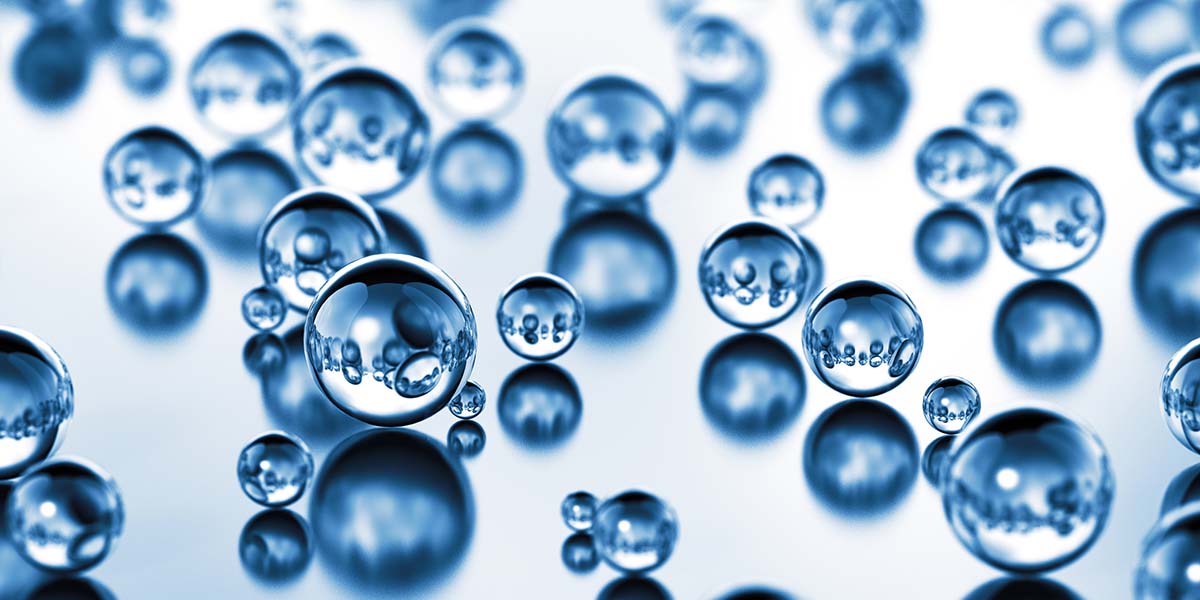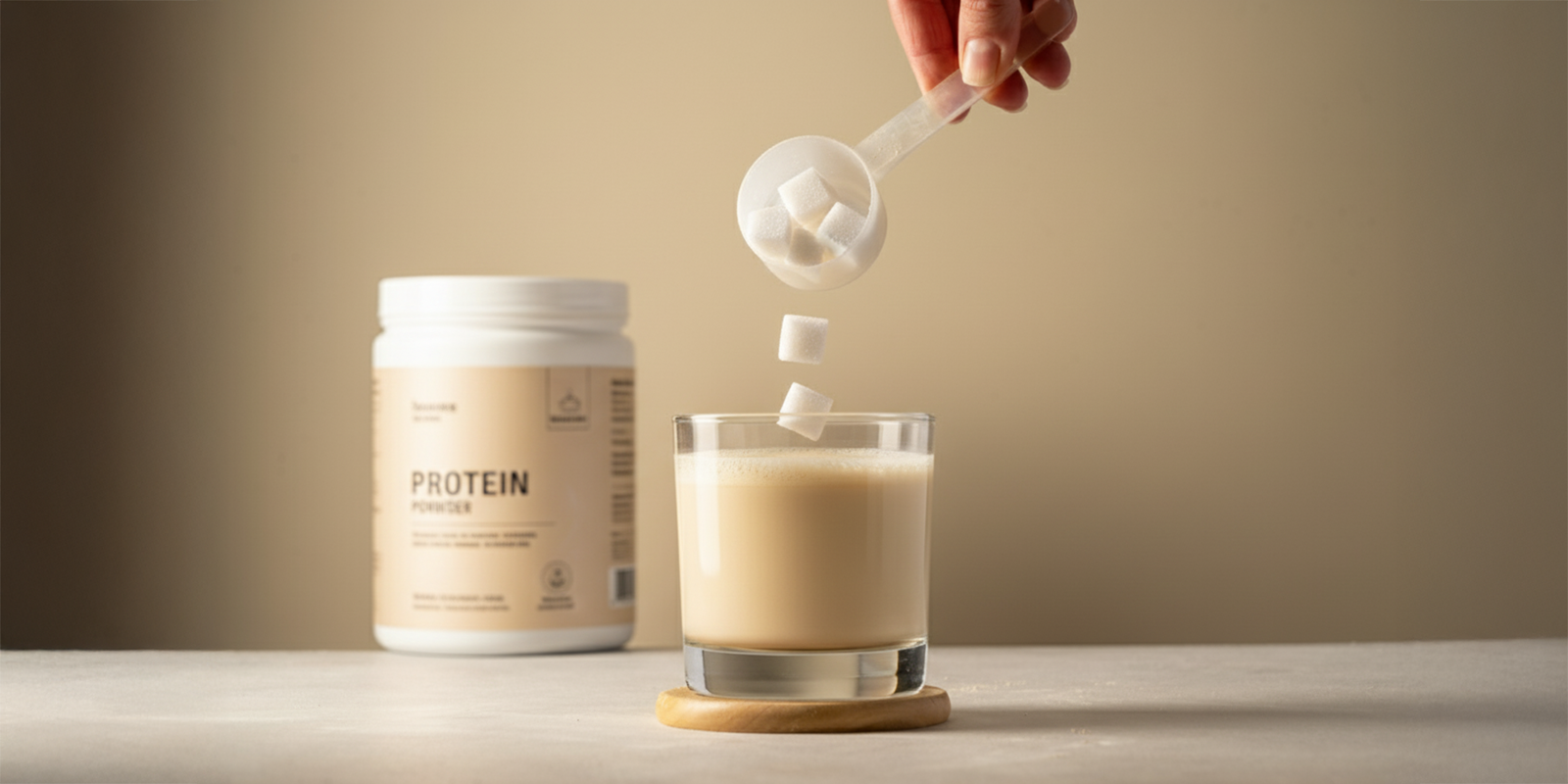Although it probably sounds like some sort of corrosive chemical, hyaluronic acid is actually a naturally occurringsubstance that’s used by the body for everything from wound healing to inflammation.
Hyaluronic acid has been used for decades to help with joint pain and stiffness, and is now one of the most sought-after ingredients in skin care. In addition to helping with wound healing and inflammation, its ability to produce collagen and re-hydrate skin make it one of the most important components of strong, healthy skin.
So, what exactly is hyaluronic acid?
WHAT IS HYALURONIC ACID?
Hyaluronic acid is a sugar molecule that our bodies produce naturally. It can be found throughout the connective, epithelial, and neural tissues - in the eyes, joints, and roughly half of it in the skin. Hyaluronic acid binds collagen with elastin – the two most important structural components of skin and joints. It also links to water molecules, aiding in the hydration of skin and joints. The primary function of hyaluronic acid is to provide moisture to these areas of the body.
Just the same as with collagen, aging and environmental factors will cause our rate of hyaluronic acid production to slow down. For this reason, many people choose to take supplemental hyaluronic acid.
WHAT IS THE DIFFERENCE BETWEEN COLLAGEN AND HYALURONIC ACID?
A lot of people aren't really sure of the difference – or if there even is a difference – between hyaluronic acid and collagen. Collagen and hyaluronic acid are the key components of healthy, youthful skin and lubricated joints. They are a powerful duo that support one another, but individually they have very different benefits.
Hyaluronic acid is an essential component of the skin because of its ability to promote collagen. Collagen firms the skin, while hyaluronic acid nourishes and hydrates the collagen. So hyaluronic acid is really doing double-duty - not only does it benefit the skin in its own ways, it also helps to increase collagen production and then maintain the health of that collagen.
There are some other interesting things about hyaluronic acid, as well!
FUN FACTS ABOUT HYALURONIC ACID
- Hyaluronic Acid (HA) was first used commercially in 1942 as an egg white substitute.
- The red comb of a rooster stands straight up because it's full of hyaluronic acid.
- Hyaluronic Acid isn't an acid! It's a type of sugar called glycosaminoglycan.
- Hyaluronic Acid plays a role in the body’s immune system.
- It can help reduce acid reflux, combat gum disease, and soothe dry eyes!
- The FDA has approved the use of hyaluronic acid during certain eye surgeries (including cataract removal, corneal transplantation, repair of a detached retina, and other eye injuries). It is injected into the eye during the procedure to help replace natural fluids.
- The FDA has also approved the use of hyaluronic acid for injection into the knee for patients with knee osteoarthritis.
HOW COULD HYALURONIC ACID BENEFIT ME?
Hyaluronic acid is beneficial for many things. It helps with wound healing, can act as an antioxidant to protect skin from free radicals, has anti-inflammatory properties, hydrates collagen, skin, and joints, and much more.
Hyaluronic acid may reduce stiffness and pain for people suffering from osteoarthritis, for example. (Osteoarthritis is a disease that affects millions of people around the world and can be extremely painful.) Studies also show that ingesting it orally leads to the improvement in the appearance of skin by helping to smooth wrinkles and promote a youthful glow. Here are some of the other many benefits of hyaluronic acid:
Hyaluronic acid can benefit the skin in multiple ways including:
- adding moisture
- smoothing and improving overall texture
- reducing fine wrinkles
- reducing acne scars
- calming unwanted redness
- conditioning dermis on scalp
Hyaluronic acid can also benefit overall health:
- soothe acid reflux
- relieve joint pain
- speed up healing of wounds
- offer relief for dry eye
- help preserve bone strength
- prevent bladder pain
It is believed that hyaluronic acid can even help to promote the spread of beneficial bacteria in the digestive tract, leading to an overall improvement of health, immunity, and even joints.
Since our levels of this important nutrient decrease as we get older, hyaluronic acid supplements may help with age related or environmentally related conditions. Hyaluronic acid supplements also tend to be very well-tolerated, even by those with sensitive stomachs – since our bodies naturally produce hyaluronic acid, allergic reactions to it are very rare.
HOW TO TAKE HYALURONIC ACID
There are no official guidelines or "RDAs" for the appropriate dose of hyaluronic acid. The suggested amount for daily use seems to range from 50mg to 250mg, depending on the desired benefit.
For maintaining skin health and anti-aging, Debra Jaliman, MD, author of “Skin Rules: Trade Secrets from a Top New York Dermatologist” recommends taking 100 mg daily with a meal. Much of the research and subsequent recommendations focusing on knee/joint pain and osteoarthritis seem to be closer to the 250mg/day amount.
Probably the more important factor is that you find a product you enjoy taking, so that you will take it regularly and be able to reap the benefits for a long time.
SUMMARY
Hyaluronic acid is a natural substance that our bodies produce. It helps retain moisture in the skin and eyes, lubricate the joints, and offers many other health benefits.
Because we produce less of it as we age, it can be very helpful to incorporate a hyaluronic acid supplement into our healthy-aging plan.















